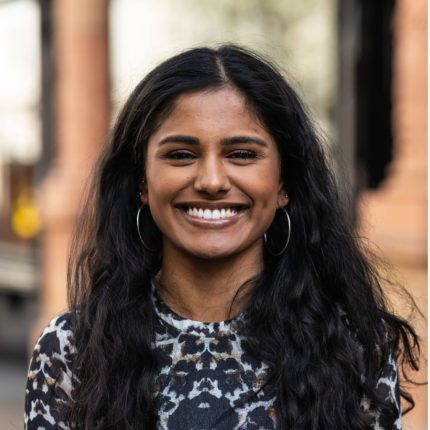The free speech question has recently dominated the media agenda, and universities are a key battleground. Popular frenzy has reliably followed instances of speakers being “banned” by a students’ union, no longer invited by a students’ union, or declining their invite from a students’ union.
Spiked Online continues to publish its annual free speech rankings of universities, and seemingly weekly updates from concerned correspondents. Parliament’s Joint Human Rights Committee launched an inquiry into freedom of speech at universities, which is expected to report back by the end of the month. And even the Office for Students is involved: institutions registered with the regulator must publish a code of practice on free speech that accords with their statutory duty, according to the new regulatory framework.
Wonkhe recently held a joint event with UPP Foundation to debate the realities of free speech at universities.
Our panel featured:
- Alison Scott-Baumann, Professor of Society and Belief, SOAS
- Sean Coughlan, Education Correspondent, BBC
- Jim Dickinson, Chief of Staff, Union of UEA Students
- Louis Coiffait, Associate Editor, Wonkhe (chair)
The discussion explored whether different spaces within a university should be subject to different freedoms and limitations, discussed the role of vice chancellors, and analysed the effects of social media.
Recalibration
Alison Scott-Baumann encouraged students to engage and influence government as activists. Sean Coughlan highlighted the role of changing societal norms in the free speech debate, explaining that every generation “recalibrates” what is acceptable. Jim Dickinson said he was pleased that more students were now talking about the issue, and praised NUS’ role in developing guidance for students’ unions.
Alison Scott-Baumann asked the question of whether students self-censor and whether they are snowflakes, pointing out that we all self-censor at times. As such, why has this become a fascinating political issue? For Alison, Prevent duty guidance is part of the reason – this instructs universities in actively making it more difficult for certain things to be discussed, in case they become inflammatory. She responded to a question on the accuracy of referring to the university as one space by highlighting: “There are different sets of rules for different kinds of debates, we should support students to articulate these differences themselves.”
Practical risk management
On the issue of no-platforming, Sean Coughlan explained that we often generalise from the exception – adding that social media can exacerbate the impact of these events by taking something small and incidental and making it look big by the speed at which news can travel. He concluded that debates on issues such as free speech on social media result in “competing mobs rather than thoughtful exchange.” However the main consideration for Sean is that people’s ideas don’t go away because they don’t express them: “It’s a great danger that people silo their own thoughts – especially if this happens at a university.”
After describing his institution as a “proud holder” of a red ranking from Spiked on free speech, Jim Dickinson stressed that we must understand the differences between – and the relative importance of – freedom to speak and freedom from harm. In response to a question from the floor about how unions decide the threshold for whether a speaker is appropriate or inappropriate, Jim reported that events were thought of and decisions made primarily in terms of practical risk management, rather than ideological thresholds.
Find Wonkhe’s articles on free speech here.



translation “leftists can shut down and silence anyone they don’t like”